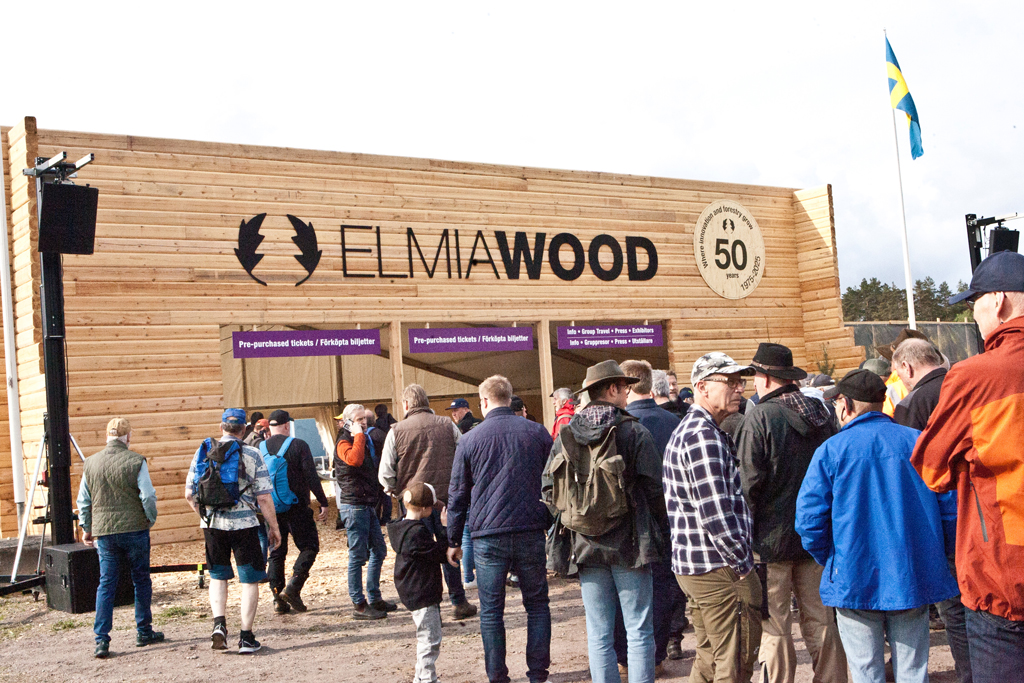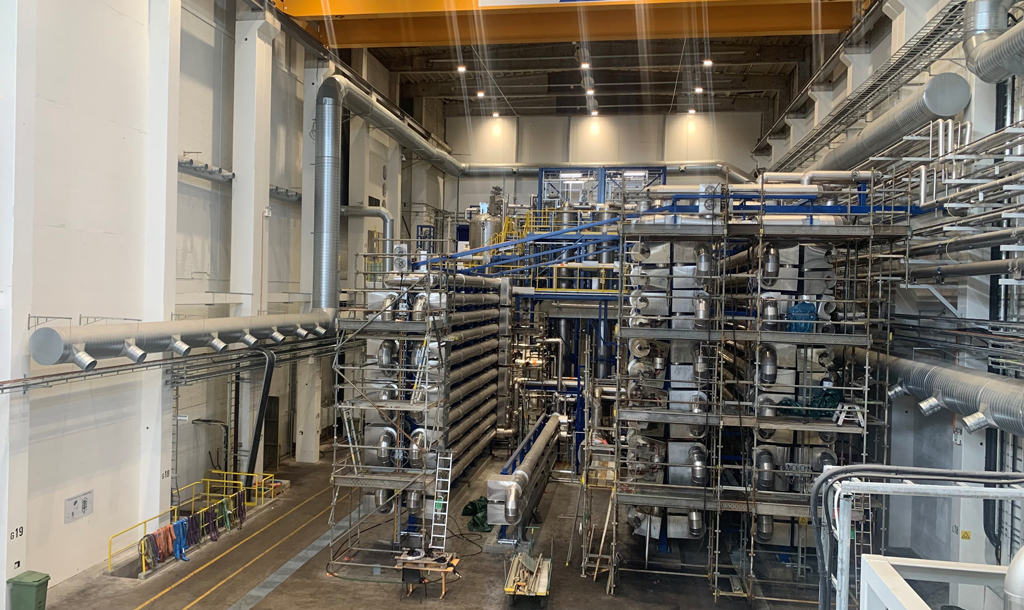Finnene er eksperter på industrisamarbeid. Hvorfor får vi ikke dette til på samme måten i Norge? Professor Eli Moen ved BI har studert dette.
En studietur til Finland på 60-tallet resul-
terte i skogeiernes satsing på det som skulle bli Norske Skog-eventyret. Kanskje det er på tide med en ny studietur? Det er i alle fall fortsatt mye å lære om industrikultur av våre naboer i øst, sier Moen. Hun mener nordmenn må bli mer bevisst holdningene i vår kultur og dynamikken og adferden oss imellom. Her er det mye å hente for å lykkes, mener hun.
Les mer om finsk og norsk industrikultur og om klyngementalitet i vår serie om Industrikultur i Norsk Skogbruk nr 2




